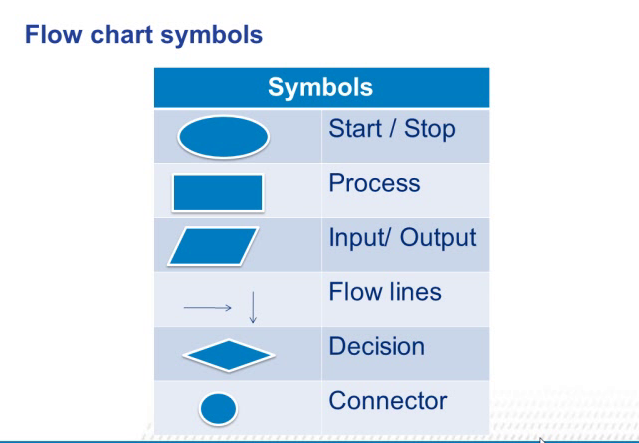

Transient hypofrontality hypothesis: In this theory, executive function temporarily declines.Researchers have proposed two main theories for how flow affects the brain: Flow might then further stimulate dopamine, creating a cycle. It is possible that both are true.įor example, activating the dopamine system might enable flow. It is unclear whether entering a state of flow causes these changes or whether these brain changes cause or enable flow. During flow, a person must have high levels of engagement with a challenging task that matches their skill level for this system to regulate task engagement properly. This brain system helps regulate decision making and engagement with tasks. People in a state of flow have higher levels of dopamine, which could explain why they might not notice that they are hungry or tired.Ī 2021 mini-review argues that the brain’s locus coeruleus-norepinephrine (LC-NE) system is also involved in flow. It can also help suppress bodily sensations, such as hunger. Studies have shown that the dopamine reward system plays an important role.ĭopamine is a neurotransmitter that supports feelings of motivation, pleasure, and reward. Persistence: Some evidence suggests that being in flow can offset the frustration of a difficult task, allowing people to keep going.ĭuring a state of flow, several changes take place in the brain.Enjoyment: People may enjoy the task, encouraging them to immerse themselves in it.Lack of self-consciousness: Flow is associated with a decrease in “self-referential thinking,” which means that a person in this state is unlikely to be thinking about themselves, their performance, or how others might see them.If a person or event interrupts someone in flow, they may feel annoyed. They may not be thinking about anything else. Focus: It is not easy to distract people in flow from their task.

Some signs that a person is in a state of flow include: in-depth, involving an investment of some time or energy to make progress.rewarding, meaning that a person gets a sense of pleasure or purpose from doing it.challenging, but not so much that they are impossible.Tasks that tend to encourage a state of flow often share similar characteristics.


 0 kommentar(er)
0 kommentar(er)
